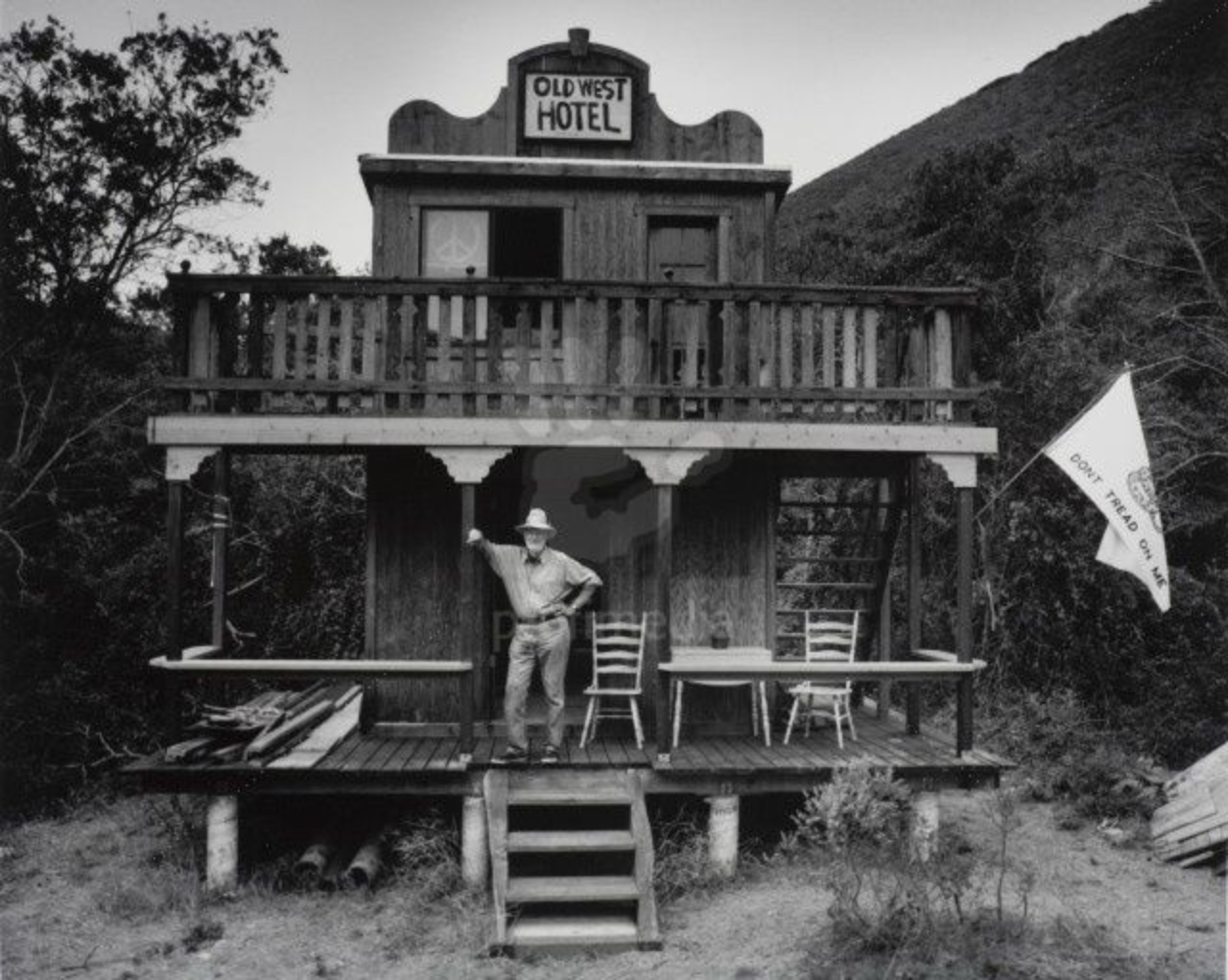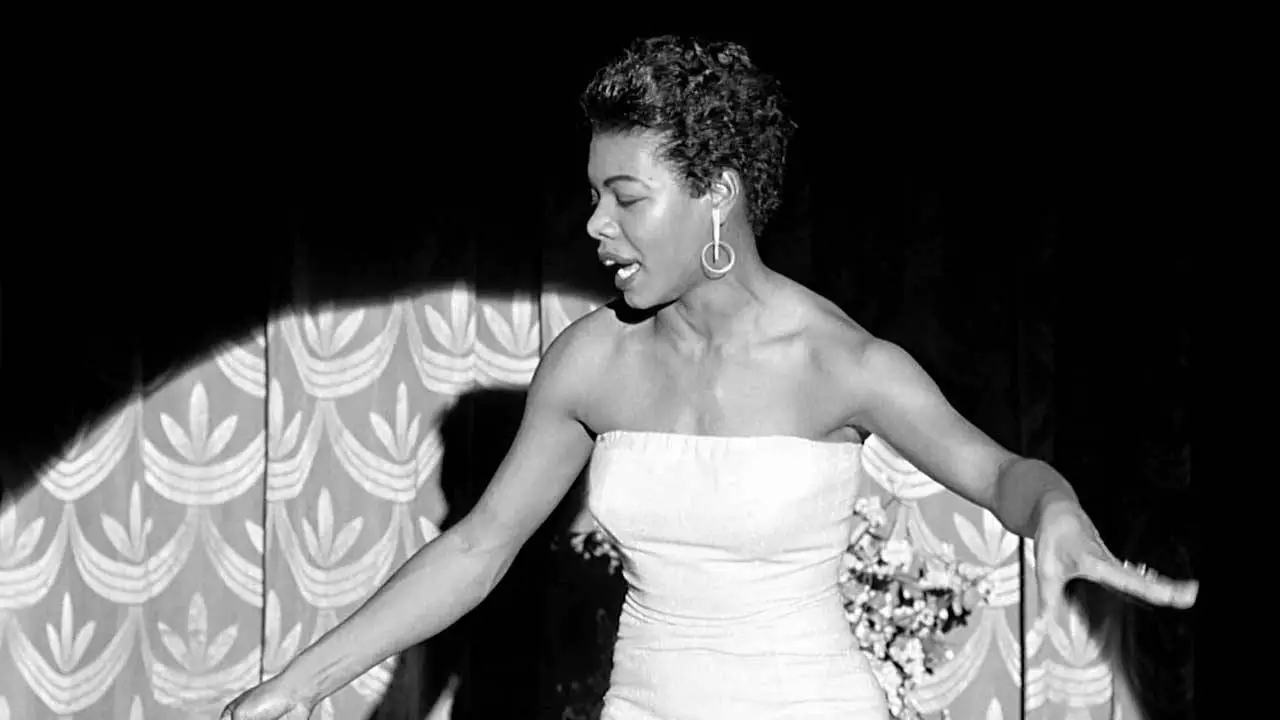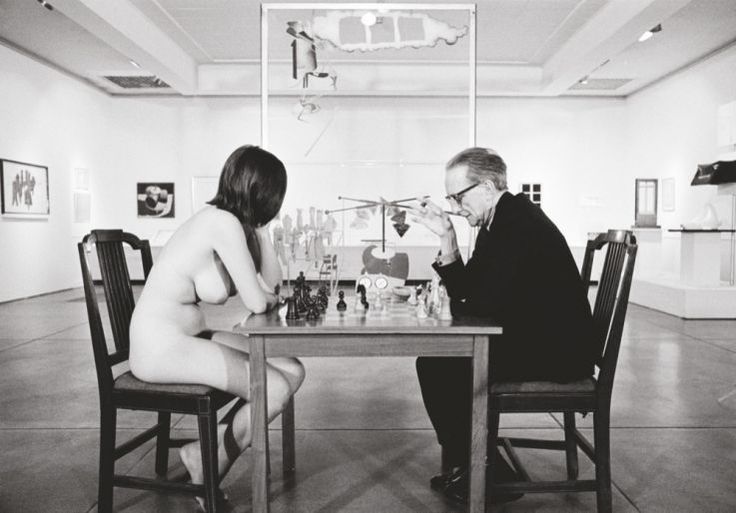
Though based out of Koreatown, our work here at A Good Used Book has taken us all over Los Angeles and its surrounding areas - from Frogtown to Santa Barbara and from Silverlake to the Arts District - and, for us, this place and the work it has produced are equally sacred. In fact, in our previous survey of California literature, we mentioned that the genre can seem “as vast as the Golden State itself”... a sensation that has only grown stronger the longer we’ve looked. There are California classics and hidden California gems. There are the works of John Steinbeck and Octavia Butler; there are the most-sold and the undiscovered. There are enough to read for a lifetime, and a few to keep you busy here:
Born in Stockton, California to Chinese parents in 1940, Maxine Hong Kingston rose to fame after the publication of her successful autobiographical novel, The Woman Warrior. Unique in her writing style, she blended fiction with nonfiction and layered Chinese lore with the realities of the patriarchy. Unfortunately, and much like other women writers of history (see Zora Neale Hurston), Kingston was often criticized by her contemporaries for “oversimplifying” the Asian American experience.
Tripmaster Monkey, however, features a male protagonist - and one assumed to be inspired by her loudest critic. It is set in the San Francisco Bay Area and pulses with the sounds of its author’s surroundings: an English degree from UC Berkeley, a neighboring Beat Generation, and the raw talent of a Woman Warrior.
When speaking of the Beat Generation and of California, there are few books that move to the surface like Big Sur. In true Kerouac fashion, the novel is a hallucinatory blend of real-life recountings and linguistic gymnastics. It follows him down the coast on California’s rugged Highway 1 and into the borrowed cabin of his friend and fellow writer, San Francisco’s own Lawrence Ferlinghetti.
Written in 1961, four years after his rise to On the Road fame and six years prior to his death, this novel is exemplary of its author’s profound highs and lows: his musings on nature as luminous as the Santa Lucia Mountains, his delirium tremens as fearful as the great Pacific.
Once called “America's most visible Black woman autobiographer,” Maya Angelou is still best known for her first memoir - despite the fact that she wrote seven in sum. This, the second in her series, takes place directly after I Know Why the Caged Bird Sings and follows Angelou through two tumultuous years of young adulthood.
Though considered by some to be a travel narrative, Gather Together in My Name mostly moves within the bounds of California. In documenting the birth of her son in San Francisco, single motherhood and poverty in San Diego, and that long and dreadful drive to Bakersfield, Angelou created an uncommon and honest map of racial reality in the Golden State.
![Maya Angelou singing in Calypso Heat Wave, 1957.]()
Luis Rodriguez has the interesting legacy of being the author of one of the most banned and challenged books of the 1990s, as well as being the 2014 Poet Laureate of Los Angeles and a 2022 candidate for California governor. In his writing and his politics he has been endorsed by everyone from the Peace & Freedom Party to Sandra Cisneros, who called him “the poet prophet of our times.”
Before any of that though, he had to write Always Running. He had to write of his youth in East Los Angeles, his days enmeshed in the violent fabric of its gang culture and, lastly, when it was time for him to fear for the future of his son, Rodriguez had to publish it.
Eve Babitz never left Los Angeles. Born in the city in 1943, she was the goddaughter of Igor Stravinsky, the subject of a famous nude chess match with Marcel Duchamp, and the ex of everyone from Harrison Ford to Annie Leibovitz. She was Hollywood through and through: the drama and the dancing and the dim lit lounges.
Often compared to the incomparable Joan Didion, Babitz was a stone of California bohemia left unturned. She wrote much and sold some, only to find a new generation of readers upon her republication in 2010: L.A. Woman being Babitz’s ode to her eternal city - her whispered spell of youth carried to us all on the tails of the Santa Ana winds.
![Eve Babitz and Marcel Duchamp, Pasadena Art Museum, 1963.]()
Tripmaster Monkey by Maxine Hong Kingston
Born in Stockton, California to Chinese parents in 1940, Maxine Hong Kingston rose to fame after the publication of her successful autobiographical novel, The Woman Warrior. Unique in her writing style, she blended fiction with nonfiction and layered Chinese lore with the realities of the patriarchy. Unfortunately, and much like other women writers of history (see Zora Neale Hurston), Kingston was often criticized by her contemporaries for “oversimplifying” the Asian American experience.
Tripmaster Monkey, however, features a male protagonist - and one assumed to be inspired by her loudest critic. It is set in the San Francisco Bay Area and pulses with the sounds of its author’s surroundings: an English degree from UC Berkeley, a neighboring Beat Generation, and the raw talent of a Woman Warrior.
Big Sur by Jack Kerouac
When speaking of the Beat Generation and of California, there are few books that move to the surface like Big Sur. In true Kerouac fashion, the novel is a hallucinatory blend of real-life recountings and linguistic gymnastics. It follows him down the coast on California’s rugged Highway 1 and into the borrowed cabin of his friend and fellow writer, San Francisco’s own Lawrence Ferlinghetti.
Written in 1961, four years after his rise to On the Road fame and six years prior to his death, this novel is exemplary of its author’s profound highs and lows: his musings on nature as luminous as the Santa Lucia Mountains, his delirium tremens as fearful as the great Pacific.
Gather Together in My Name by Maya Angelou
Once called “America's most visible Black woman autobiographer,” Maya Angelou is still best known for her first memoir - despite the fact that she wrote seven in sum. This, the second in her series, takes place directly after I Know Why the Caged Bird Sings and follows Angelou through two tumultuous years of young adulthood.
Though considered by some to be a travel narrative, Gather Together in My Name mostly moves within the bounds of California. In documenting the birth of her son in San Francisco, single motherhood and poverty in San Diego, and that long and dreadful drive to Bakersfield, Angelou created an uncommon and honest map of racial reality in the Golden State.

Always Running: La Vida Loca, Gang Days in L.A. by Luis J. Rodriguez
Luis Rodriguez has the interesting legacy of being the author of one of the most banned and challenged books of the 1990s, as well as being the 2014 Poet Laureate of Los Angeles and a 2022 candidate for California governor. In his writing and his politics he has been endorsed by everyone from the Peace & Freedom Party to Sandra Cisneros, who called him “the poet prophet of our times.”
Before any of that though, he had to write Always Running. He had to write of his youth in East Los Angeles, his days enmeshed in the violent fabric of its gang culture and, lastly, when it was time for him to fear for the future of his son, Rodriguez had to publish it.
L.A. Woman by Eve Babitz
Eve Babitz never left Los Angeles. Born in the city in 1943, she was the goddaughter of Igor Stravinsky, the subject of a famous nude chess match with Marcel Duchamp, and the ex of everyone from Harrison Ford to Annie Leibovitz. She was Hollywood through and through: the drama and the dancing and the dim lit lounges.
Often compared to the incomparable Joan Didion, Babitz was a stone of California bohemia left unturned. She wrote much and sold some, only to find a new generation of readers upon her republication in 2010: L.A. Woman being Babitz’s ode to her eternal city - her whispered spell of youth carried to us all on the tails of the Santa Ana winds.
